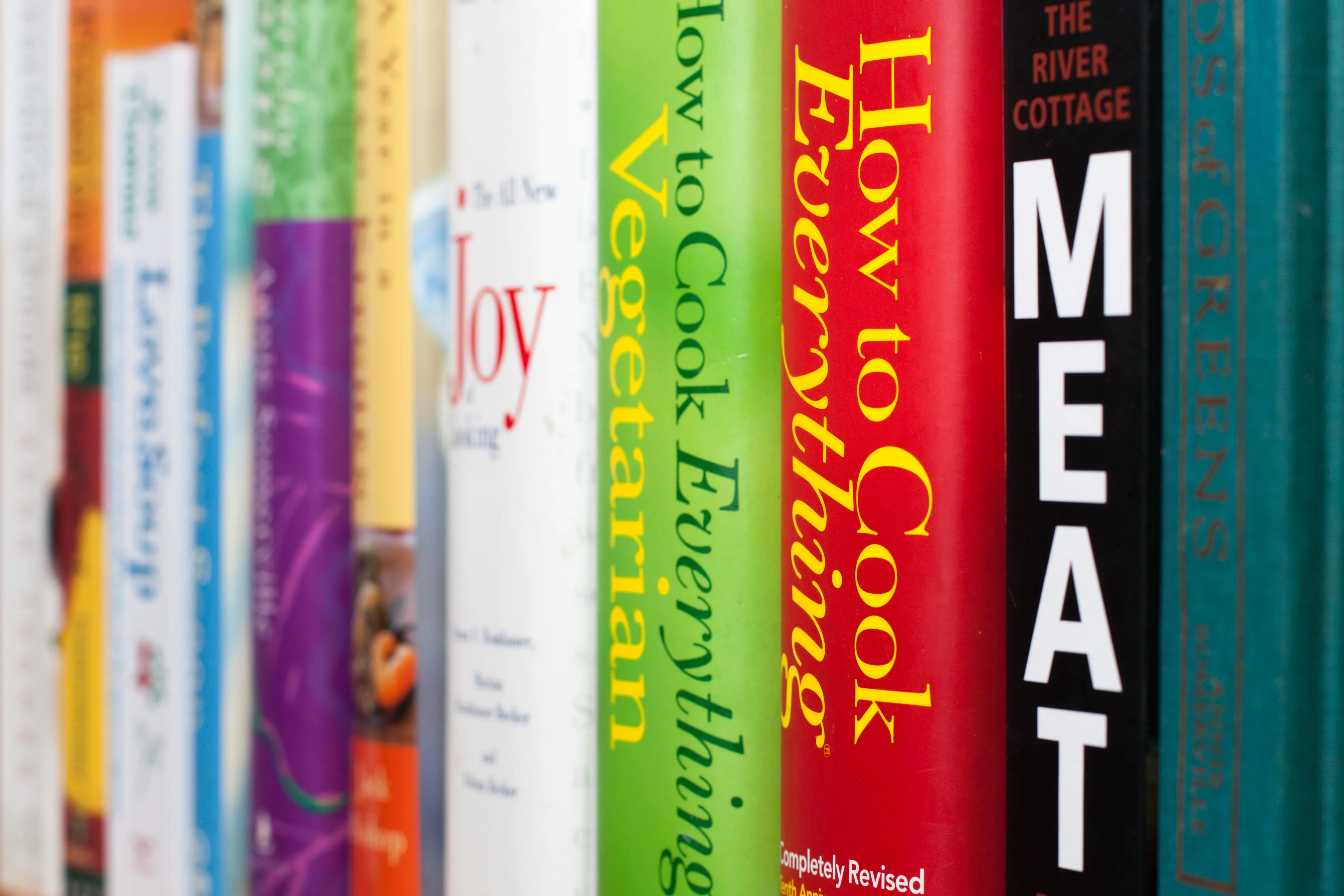There’s an ongoing debate about whether or not it’s safe or even desirable to rinse meat before cooking it. Many fall into the anti-rinsing camp, saying that it’s not effective at dislodging bacteria, especially on poultry, as we’ve discussed before. Meanwhile, some argue that rinsing certain meats, like bacon, can rinse away excess surface salt and may reduce shrinkage — though evidence is strictly anecdotal.
Washing meat with a gentle acid: a cultural practice, not a safety guarantee
In many West Indian and Caribbean kitchens, it’s a common practice to rinse chicken and fish with a mild acid like lemon, lime, or vinegar prior to cooking. For example, Haitian stewed chicken (poule en sauce) is prepared by washing the chicken with sour orange juice or vinegar before cooking.
Cooks say it freshens the smell, removes surface slime, and adds subtle tang. Before modern refrigerators, a quick acidic rinse was thought to keep spoilage at bay when birds hung at room temperature. Today the same technique is still used to mask the chilly, chlorine‑like aroma some chickens pick up in processing plants or during long, refrigerated transit.
Users on Chowhound note that rinsing a bird in vinegar or lemon juice can also test freshness; if the meat still smells “off” after its acid bath, it should be discarded. Caribbean food blogger Carlos Cuisine adds that the method lightly tenderizes chicken, can shave a few minutes off simmering time, and lets you store chicken for a little longer in the fridge if you don’t cook it the day you prep it.
Safety caveat: Modern research shows that a brief vinegar or citrus bath may lower surface bacteria, but it does not sterilize the meat — and any splashes can carry pathogens onto faucets and countertops. If you choose to follow the tradition for flavor, work in a deep bowl (no running water), discard the acid, wash your hands, and sanitize the prep area immediately afterward. Remember: an off‑odor after the rinse means the chicken has spoiled.
Also note that leaving acid on the surface too long will start to chemically cook the proteins, making the meat tough. If you prep poultry in advance, rinse off the acid, pat the pieces dry, and refrigerate right away.
USDA, CDC, and food‑safety experts beg to differ
While the USDA’s Food Safety and Inspection Service (FSIS) and the Centers for Disease Control and Prevention (CDC) now advise against rinsing raw poultry, a Redditor points out that older federal pamphlets once recommended the opposite. Indeed, most of my vintage cookbooks (especially those published before 1980) tell you to rinse and dry meat before cooking. (CNN compiled a fun timeline of chicken‑washing advice in famous cookbooks.)

Washing chicken started to become less fashionable fairly recently, but many venerated cookbooks used to recommend it. | Image via Tim Sackton/Flickr
NPR interviewed food‑safety researcher Jennifer Quinlan of Drexel University, who says that rinsing chickens in vinegar or lemon juice doesn’t kill pathogens. She also notes that if your bird reeks of chlorine, it’s better to buy from a supplier that doesn’t dunk carcasses in chlorine baths.
Most cooking and food‑safety authorities agree that cooking meat to the proper internal temperature — 165°F / 74°C for poultry — is the only reliable way to kill Salmonella, Campylobacter, and other pathogens. Whether or not to give your chicken a quick lemon or vinegar rinse remains a matter of cultural preference, but one thing isn’t up for debate: keep that rinse contained, sanitize afterward, and trust your food thermometer.
What’s your opinion? To rinse or not to rinse?
Don’t Miss: How You’re Really Supposed to Wash Fruits and Vegetables for Safe Eating
Cover photo via Pexels.











